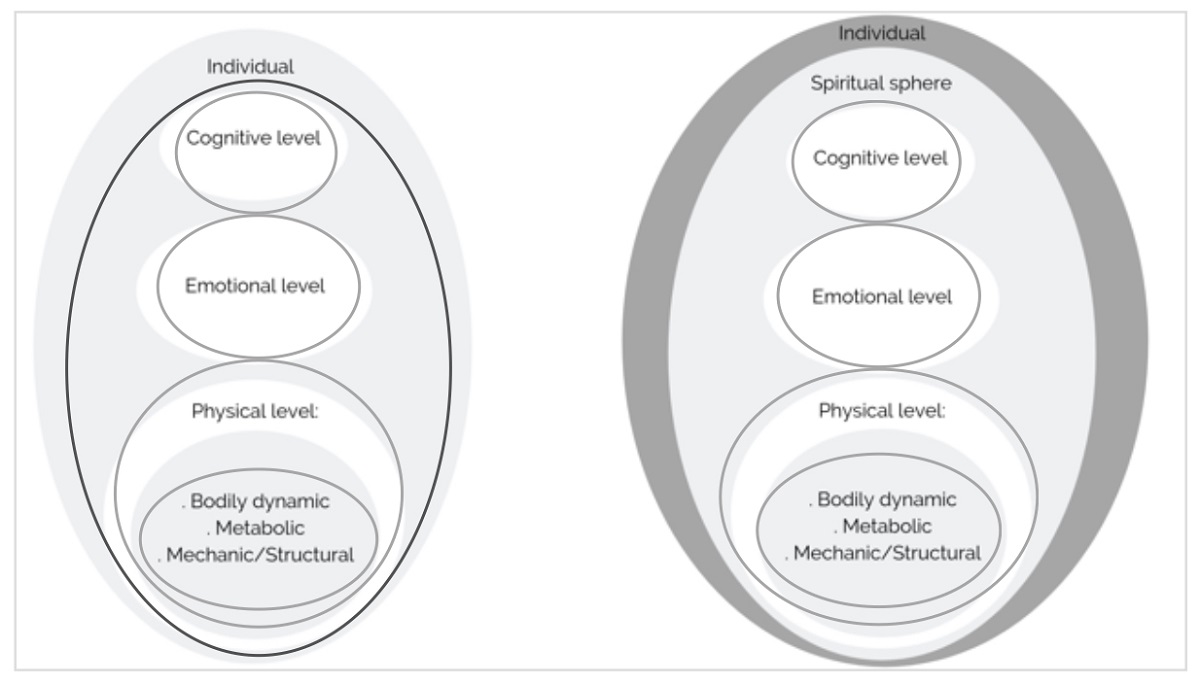Specialized, reductionist, and linear approaches are applied in clinical research; they are based on linear logic and used towards therapeutic molecule-based targets. However, those approaches do not consider a systemic vision that describes the remote cause of the pathogenic activation. We propose new theoretical and practical methods for the next drug generation development. Self-organization, network structure, hierarchical organization, non-linearity, feedback circuits, reactions to information, and the view of drugs as information clarify the existing pharmacological methods. We suggest a perspective and hierarchical vision of the human organism based on six levels (mechanic and structural; metabolic; bodily dynamic; emotional, cognitive, spiritual). The therapy should restore the self-organization of every level using the “intelligent” modulation of the network responses. Multi-targeted drugs should act on the remote cause of the pathogenic cascade and be administered based on personal variability and networks. This approach may help the development of individualized, precise, and integrated medicine.

